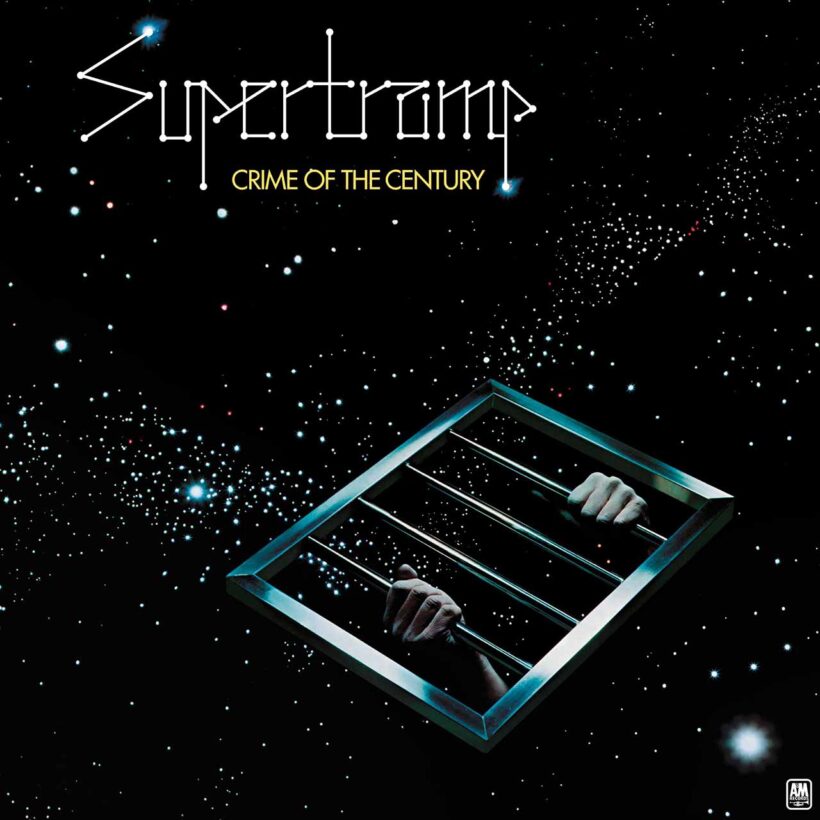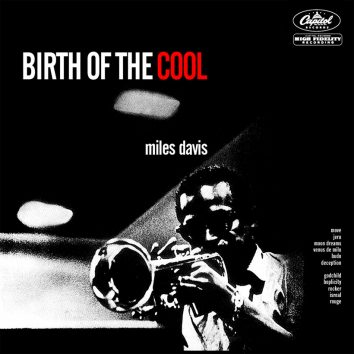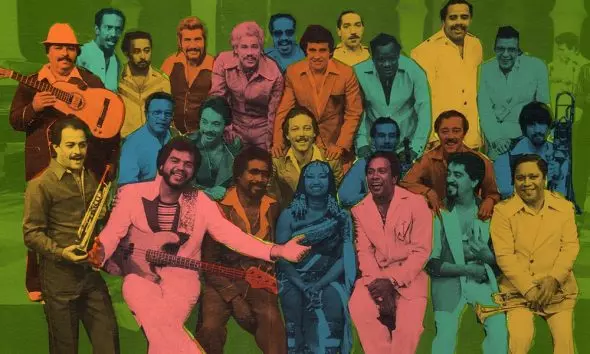Supertramp’s Rick Davies Dead At 81
The founder, songwriter, singer and keyboardist of the English rock group had battled Multiple Myeloma for over 10 years.

Rick Davies, the founder, songwriter, singer and keyboardist of the English rock group Supertramp, has died at 81. Davies died on September 6th at the age of 81 after battling Multiple Myeloma for over 10 years.
“The Supertramp Partnership is very sad to announce the death of the Supertramp founder, Rick Davies after a long illness,” the statement reads. “We had the privilege of knowing him, and playing with him for over fifty years. We offer our sincere condolences to Sue Davies.”
Richard Davies was born in Swindon, Wiltshire, in 1944. His mother, Betty, was a hairdresser, while his father, Dick, was a merchant marine. His interest in music began in his childhood when his parents gifted him a secondhand radiogram. The previous owner had left behind several records, including “Drummin’ Man” by Gene Krupa. In Davies’ own words, “it hit like a thunderbolt.” A family friend soon built Davies a drum kit out of a biscuit tin and he was on his way, joining the British Railways Staff Association’s Brass and Silver Jubilee Band at the age of 12.
In the late 1950s, Davies joined a band called Vince and the Vigilantes. A few years later, he formed his own group, Rick’s Blues. When his father became ill, Davies left Swindon College, where he had been studying art, to take a job at a factory. In 1966, he lied about his musical abilities to become the organist for a group called The Lonely Ones. The band, later renamed the Joint, found mild success touring and recording scores for German films.
With the backing of a Dutch millionaire, Davies decided to form his own group and placed an ad in Melody Maker in August 1969. Despite differences in their voices and backgrounds, he found a kindred spirit in Roger Hodgson, and the two began writing music together. At first, they called their progressive rock project Daddy, but later renamed it as Supertramp. In August 1970, they released their self-titled debut on A&M. Their second album, 1971’s Indelibly Stamped, was a commercial flop, though its cover art of a topless woman caused a stir.
In 1973, Supertramp established a lineup that would last for a decade: drummer Bob Siebenberg (at the time credited as Bob C. Benberg), brass and woodwind player John Helliwell, and bassist Dougie Thomson. Davies and Hodgson’s songwriting bond had diminished, and the two would write individually, though songs were credited to both.
In 1974 a young A&M Records A&R executive, Dave Margereson, left the label to become the band’s full-time manager. Supertramp, alongside family, friends and crew, moved to a cottage called Southcombe in Somerset, where they worked on material for their third album. 1974’s Crime of the Century was the breakthrough that Supertramp needed. The record introduced them into the UK top five and U.S. Billboard top 40 album charts via hit singles like “School,” “Dreamer,” and the Davies-penned “Bloody Well Right.”
The band’s followup, 1975’s Crisis? What Crisis?, was released just 13 months later and was recorded between tours. Now regarded by many as the bridge from their earlier prog records to their more commercially successful period, the album was written as the band worked to keep up with their newfound success. Several scrapped tracks from Crime of the Century appeared on the album.
After 1977’s Even in the Quietest Moments…, which produced the hit “Give A Little Bit”, Supertramp relocated to Los Angeles. They embraced a pop-forward sound on Breakfast in America, their definitive album. The album produced four successful singles, including the Davies-penned “Goodbye Stranger.” Breakfast in America went quadruple platinum and won two Grammy Awards and was nominated for Album of the Year. Supertramp then released a live album, 1980’s Paris. The two-LP live album was recorded mostly at the Pavillon de Paris in November 1979. Their next album, 1982’s …Famous Last Words…. , featured the hits “It’s Raining Again” and “My Kind of Lady” and peaked at No. 5 in the US.
In 1985, Supertramp released its first album without Hodgson, Brother Where You Bound. It included the hit “Cannonball.” Under Davies’ lead, Supertramp experimented with synthesizers on 1987’s Free as a Bird. Though “I’m Beggin’ You” reached number 1 on the US dance charts, the album was poorly received. By 1988, Supertramp had faded “away like an old soldier,” per Davies.
In 1993, Hodgson and Davies reunited for a celebration honoring A&M co-founder Jerry Moss. They briefly recorded new demos, but soon went their separate ways once again. After a reunion tour, in 1997 Supertramp released Some Things Never Change. In 2002, Supertramp, still sans Hodgson, released its final album, Slow Motion. A 2015 Supertramp tour was ultimately cancelled due to Davies’ health as he was battling multiple myeloma.
Nonetheless, as a statement sent in the wake of his passing noted, Davies’s “music and legacy continue to inspire many and bears testament to the face that great songs never die, they live on.”










